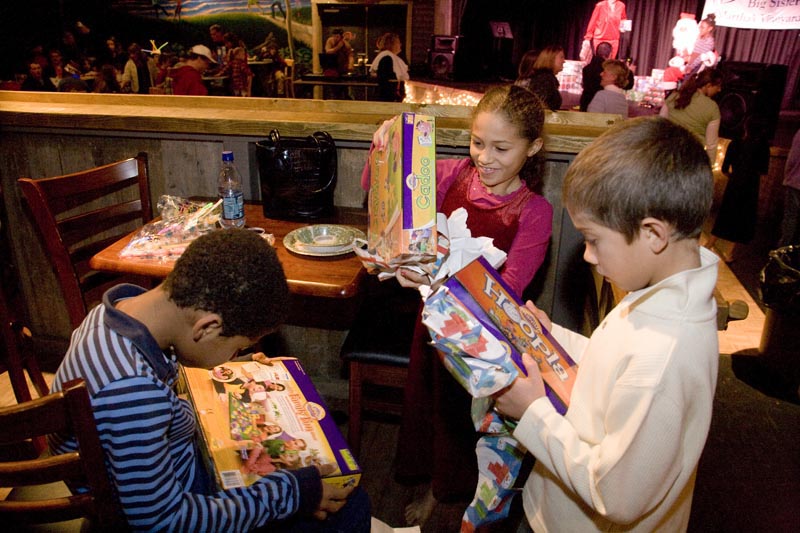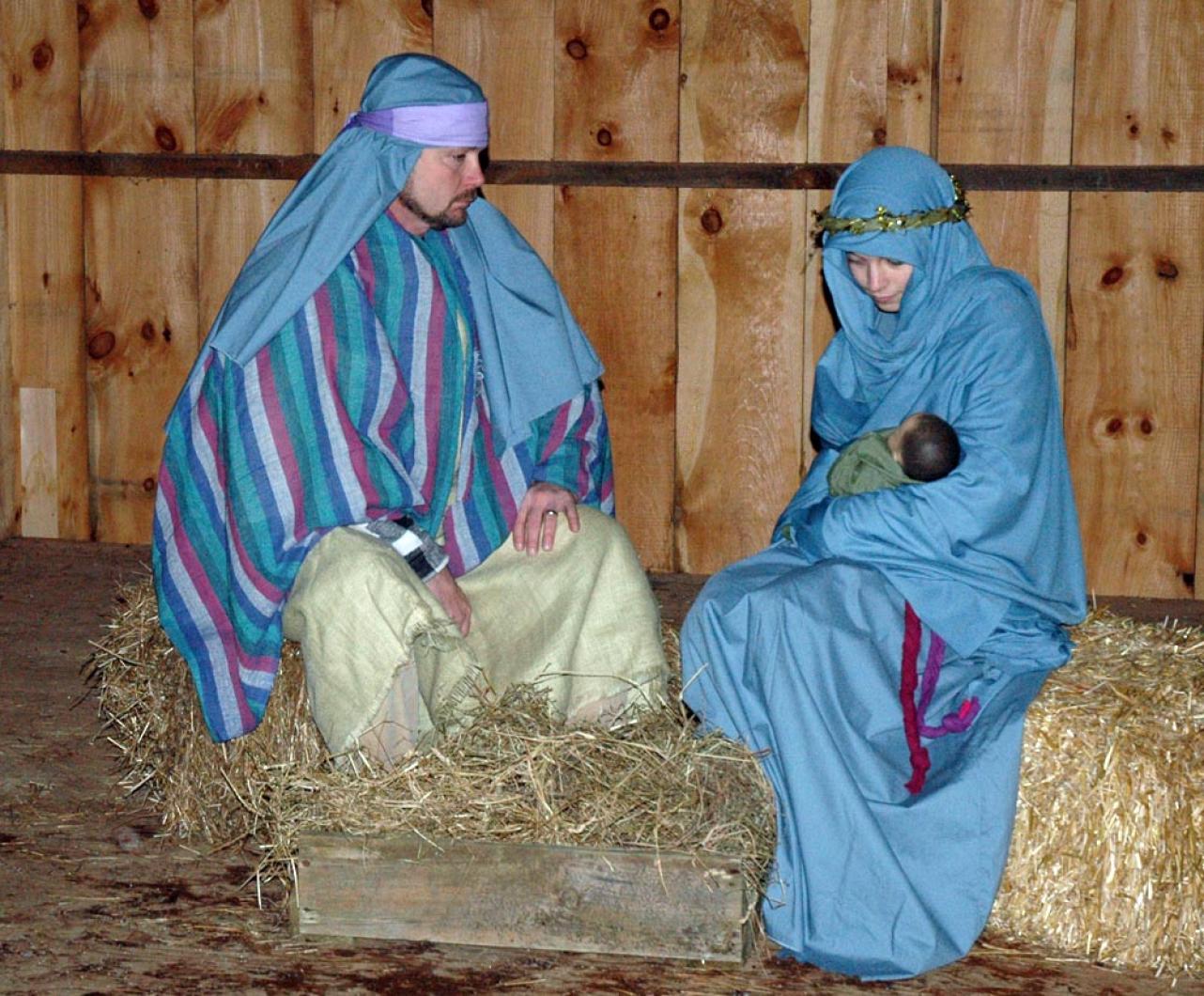The themes and variations we celebrate during these days of the year seem to point in the same direction — let our light shine in the darkness. The words of Dickens in A Tale of Two Cities, “It was the best of times, it was the worst of times,” characterize these moments we celebrate at the end of each year.
A look at the world reveals how grievously we are split into fragmentary and conflicting individuals and groups.
Human life is caught between two contending currents — on one side, the unifying forces that create community, on the other, the disruptive forces that prevent community. As for nations, how great the distances once seemed, but now see how inextricably intertangled all people are! While many forces crowd us together, many tear us apart: economic forces, racial struggles, national and international hostilities and through all these the moral factors of envy, prejudice, greed and the lack of charity that prevents community. Is there any greater tragedy in life, whether in the home or in the world, than to be so close to people without community?
Living in this world, put together by some forces and disrupted by others, one thing is obvious. In this computer age, which has created proximity, we must strive together to create community. Creation itself, whether in God’s nature or in our arts and sciences, consists of putting things together; putting things beautifully together is the very essence of creation and the glory of life.
The most desirable blessings in life come from a sense of community and of fellowship. The loveliest fellowship is a good home. And for most of us, there’s no place like home — home for the holidays. And why do we feel that way about our homes? Because we say not “I” and “you” but “we” and “our.” We must exalt the home. For the way of the home is the way of society. Whoever learns to say “our” learns it first in the family.
We who worship in these festive days must know how imperative it is whether we be Jew, Muslim or Christian, to light our candles with the prayer of hope for light and peace for all people. If we say “I”, my place of worship, my beliefs, my way, then when looking at the other celebrations we very easily say “they” — they with their false religion. For here is the greatest shame of all. Religion should help unify humanity. Instead, it divides us. It is one of the worst causes of discord in the world. Think of all the religious wars — past and present.
And yet once in a while we meet someone whose religion is inclusive and says “our.” Such was the light that shined so brightly at the historic Union Chapel in Oak Bluffs this past summer. Three spiritual leaders shared their faith: a Jew, a Muslim and a Christian. They were Rabbi Brian Walt, director of Rabbis for International Peace, Iman Talal Eid, leader of the Muslim community in the greater Boston area and a member of the President’s Commission on Interfaith Dialogue, and the Rev. Dr. James Kidd, one of America’s leading preachers for social justice. Each spiritual leader at the annual interfaith service was faithful to his tradition, but expressed deep respect for the other faiths. It was a very powerful experience. Hundreds left the chapel with pure religious experience and with a full measure of hope for the future.
In fact it touched me so profoundly that when the editor of the Gazette asked me to write a piece for this season of the year, it did not take me very long to remember those three spiritual leaders who focused our minds and hearts on one God and the dignity of every human being. They lighted a path for all of those who worshipped with them on that sunny and bright August Sunday morning.
Some may think that this is a watering down of the faith, but it is actually focusing the light of truth on two of the most basic convictions of great religion: one God and the value of every single human being. “Have we not all one God?” cried the prophet. “Has not one God created us? Why do we deal treacherously every person against his brother or sister?
“Love God with all your heart, soul, mind and strength; and your neighbor as yourself.
“Do unto others as you would have them do unto you.”
When we seek that kind of religion we are not surrendering our convictions but are being supported by two of the major reasons we worship: one God and every person sacred, one God, our Father, every person sacred, our sister, our brother.

If we focus upon certain areas in our everyday experiences, and first of all upon the discouraged mood of many who feel that human nature is so essentially selfish that we will never be able to create a communal life — we may just discover that alongside this deep-seated selfishness, just as deep-seated is something else — the need for companionship, and for friendship and fellowship. There is an old Latin proverb: “One man is no man at all.” The instinct for companions is as deep-seated as selfishness.
Shall we conclude from our experiences that we are so selfish that we cannot create community? We want peace more than anything. Peace for ourselves and peace for our world — for the world of our children and grandchildren. Peace on earth, good will toward all. We celebrate at this time of the year, in our homes and places of worship, so that we may recognize that if our selfishness has any understanding, it will lead us to community. We are one of many and if we are to save ourselves and our world, we will need to do it together. We will have to say “our” — our home, our place of worship, our town, our school, our country, our world. Remembering the ancient saying, “Pray as if everything depends upon God, and work as if everything depends upon us,” will help us on our way.
If we think on these things, we will recognize that the words I and they come from pride and selfishness. To say “our” comes from being thankful, generous, kind and unselfish.
Would it not be “the best of times” if we, led by a spirit greater than ourselves, light a candle during this season to celebrate one God and the dignity of every human being? The perfect present is to incarnate the word our during these days of celebration.
Let that be our salvation in a pure now and in the days of a new year. Light of ours — shine! Shine in the darkness.
The Rev. Dr. John Schule is Pastor Emeritus of the Federated Church in Edgartown.




Comments
Comment policy »